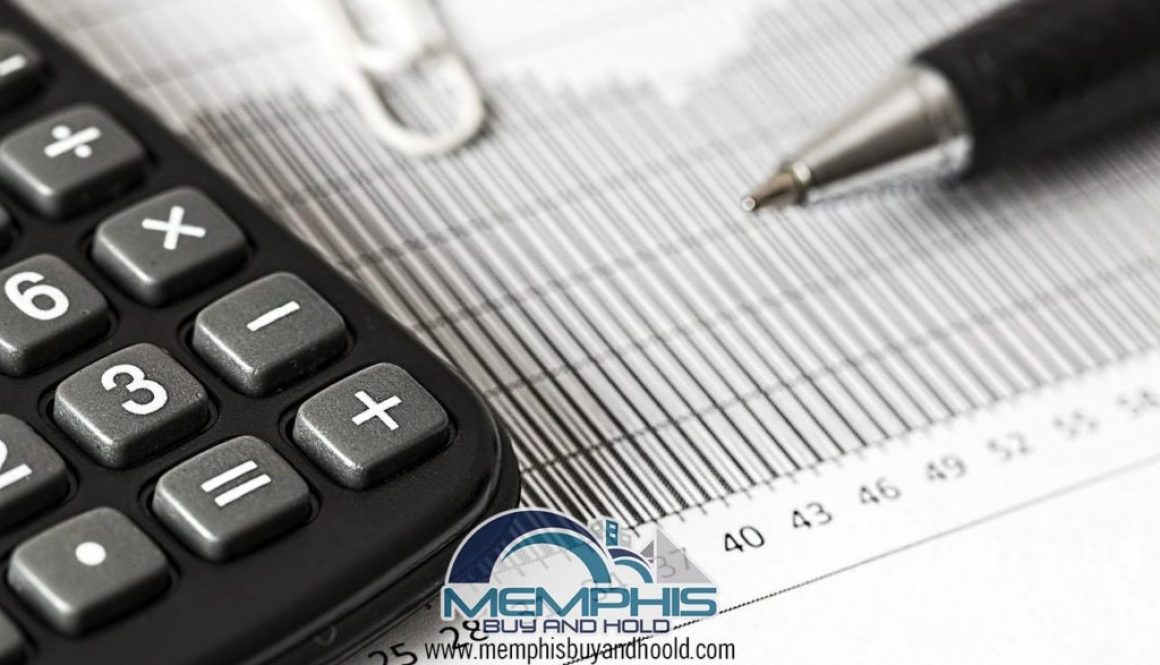
When it comes to new investors—or individuals who are interested in learning more about investing in rental real estate—it’s the financial side of things that seems to cause the most confusion and frustration.
People aren’t sure how to calculate the anticipated monthly profit margin, or cash flow, on a rental unit. And in most cases, this comes down to an inability to accurately estimate operating expenses.
How to Calculate Operating Expenses and Cash Flow
Cash flow is easy to calculate once you have an idea of what your operating expenses are. The equation looks like this:
(Monthly Rent) – (Monthly Operating Expenses) = Cash Flow
The issue is that inexperienced investors typically use inaccurate operating expense numbers. As a result, they end up with deals that, on paper, either look worse than they are or seem too good to be true.
Underestimate your operating expenses during the due diligence phase, and you could end up with a nightmare property that loses you money on a monthly basis. Overestimate the expenses, and you might discourage yourself from making an offer—even if it’s a good investment.
Account for These Specific Expenses—and More
While you’ll never predict operating expenses down to a specific dollar amount, there are ways to estimate a fairly accurate number. As you do your research on potential investments, make sure you’re accounting for expenses such as:
- Property taxes and insurance. While they should be accounted for in your monthly mortgage payment (if the property is financed), it’s always smart to break down property taxes and insurance so that you know how much to anticipate.
- Utilities. While renters will likely cover most of the utilities, there could be certain expenses that fall on your plate, such as trash and recycling, water, or other similar items.
- Maintenance and repairs. It’s easy to forget about maintenance and repairs, since they come and go without much warning. As a general rule of thumb, some investors anticipate 1 percent of the property value per year. So, if a property is valued at $150,000, that would be $1,500 per year (or $125 per month). Definitely set aside some money in your monthly budget. Otherwise, you may be forced to take out a personal loan to cover basic repairs down the road.
- HOA fees. Is the investment property located in a neighborhood or planned community? If so, you should inquire about any possible HOA fees. Failing to account for these costs could skew your numbers big time.
- Possible vacancies. In a perfect world, your rental property would stay leased on a year-round basis. However, renters can be fickle, and you should expect some turnover. As a general rule, account for one month of vacancies per year. To drill this down to a monthly figure, take your monthly rent and divide it by 12. This will give you your monthly vacancy allowance.
- Property management fees. Are you planning on using a professional property management service? Again, this is an easy one to forget about. Get quotes from different companies in the area to figure out how much you’d be paying per month. You might also find that you don’t need a property manager for one property. Weigh the pros and cons, and come up with a game plan. Regardless of what you decide, it’s nice to have enough cushion in your cash flow to pursue this option at a later date.
What to Expect When Projecting Costs
When projecting operating expenses, expect the numbers to be somewhere in the 35 to 80 percent range of gross operating income. Nicer properties will have higher percentages, while less expensive investments tend to have lower figures.
“Beware: If your calculation is below 35 percent, there is a high probability something is wrong in your estimation,” real estate agent Leonard Baron wrote in an article for Zillow. “Make sure to independently verify your projected costs with a few other experienced property owners.”
What Are You Forgetting?
By no means does this article provide a comprehensive list of all the expenses you’ll ever encounter. Depending on your situation, you may find that some of these expenses don’t apply, while other significant costs do.
Carefully evaluate your numbers, rerun them multiple times, and ask for a more experienced investor to look over your spreadsheet for a second opinion.
Article Source: https://www.biggerpockets.com/
Memphis Buy And Hold is specializing in locating, purchasing, renovating and managing single-family and multi-unit properties and possesses from 2007 up to the present of experience in real estate investing and property management in the Memphis and Nashville markets.
- Memphis Property Management
- Memphis Turnkey Investment Properties
- DCC Rentals LLC
Discover more from Memphis Buy And Hold
Subscribe to get the latest posts sent to your email.


